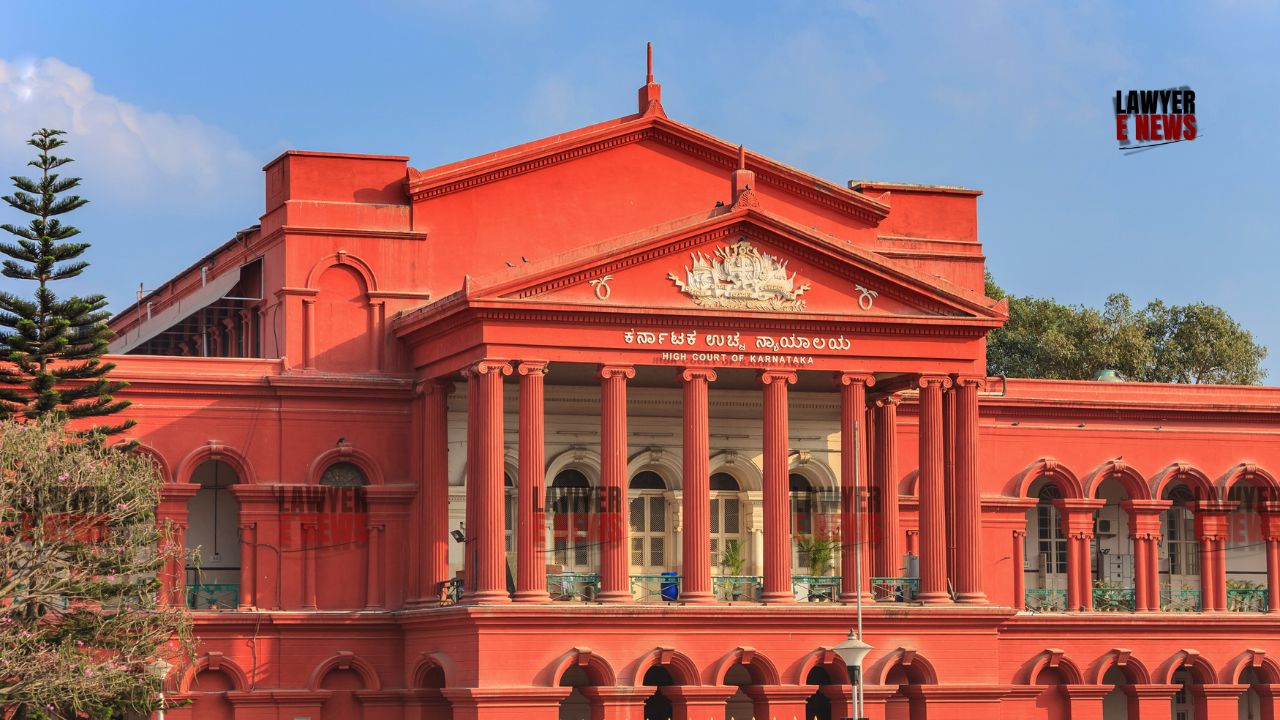-
by Admin
15 February 2026 2:16 AM



In a significant ruling, the High Court of Karnataka, Kalaburagi Bench, has granted bail to Yallappa Huvinahalli, the accused in a controversial rape case. The decision, rendered by Justice Rajesh Rai K, underscored the prosecution's failure to provide adequate proof of the victim’s age, which is crucial in cases involving the Protection of Children from Sexual Offences (POCSO) Act. The ruling allows the accused to be released on bail under strict conditions.
Yallappa Huvinahalli, a 22-year-old coolie from Govinda Hooda, Sedam, was accused of multiple offenses, including rape, criminal intimidation, and sexual harassment under the IPC and POCSO Act. The victim, a minor, was allegedly followed and coerced by the accused, leading to a forced sexual encounter in a lodge. The incident reportedly led the victim to attempt suicide, after which she disclosed the events to her parents and filed a complaint.
Justice Rajesh Rai K noted that the prosecution's case heavily relied on a school certificate to establish the victim's age as 17 years, 2 months, and 21 days at the time of the incident. However, the absence of more definitive documentation, such as a birth or matriculation certificate, weakened the prosecution's argument. "The prosecution has failed to produce authenticated documents to prove the victim's minor status," the court observed, emphasizing the importance of precise age verification in POCSO cases.
The court acknowledged the defense’s claim of a consensual relationship between the accused and the victim. It was highlighted that the victim had voluntarily joined the accused in the lodge, which complicated the narrative of a purely coercive situation. The defense argued that the delay in lodging the complaint further diluted the charges, suggesting that the relationship dynamics and external pressures played a role in the timing of the accusation.
Despite the serious nature of the allegations, the court pointed out several procedural lapses and inconsistencies. The judge emphasized that the burden of proof lies with the prosecution to conclusively establish the elements of the crime, especially in cases invoking stringent laws like the POCSO Act. Given that the investigation was complete and the charge sheet filed, the court found no substantial grounds to deny bail.
Justice Rajesh Rai K remarked, "In the absence of concrete evidence proving the victim's age, the stringent provisions of the POCSO Act cannot be applied. The relationship context and procedural delays further necessitate a cautious approach in denying liberty to the accused."
The High Court’s decision to grant bail to Yallappa Huvinahalli underscores the judiciary's emphasis on thorough and precise evidence in serious allegations, particularly involving minors. While the bail does not exonerate the accused, it highlights the necessity for the prosecution to robustly substantiate their claims. This ruling may influence future cases, reinforcing the need for meticulous evidence gathering and the safeguarding of legal standards in criminal proceedings.
Date of Decision: May 16, 2024
Yallappa v. State of Karnataka and Babu Hongunti
